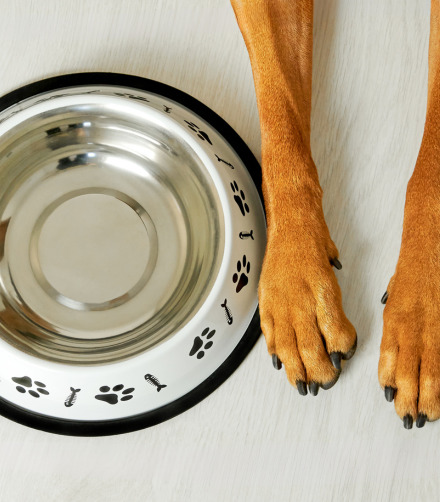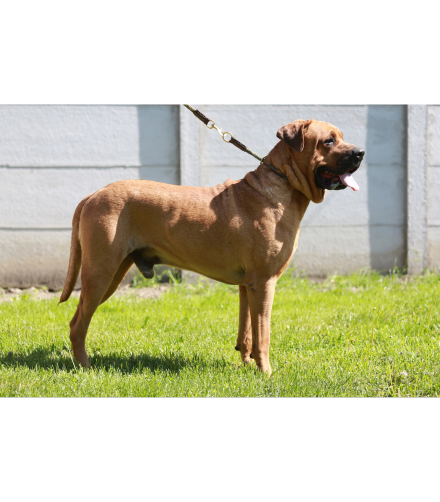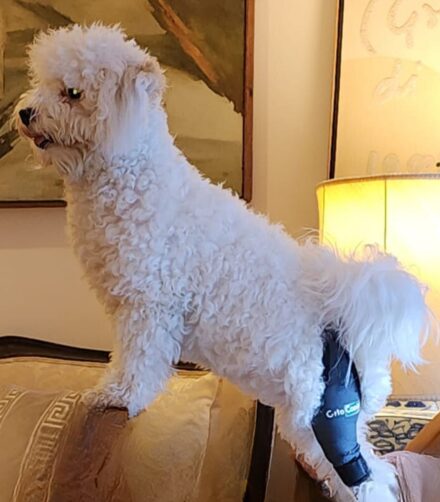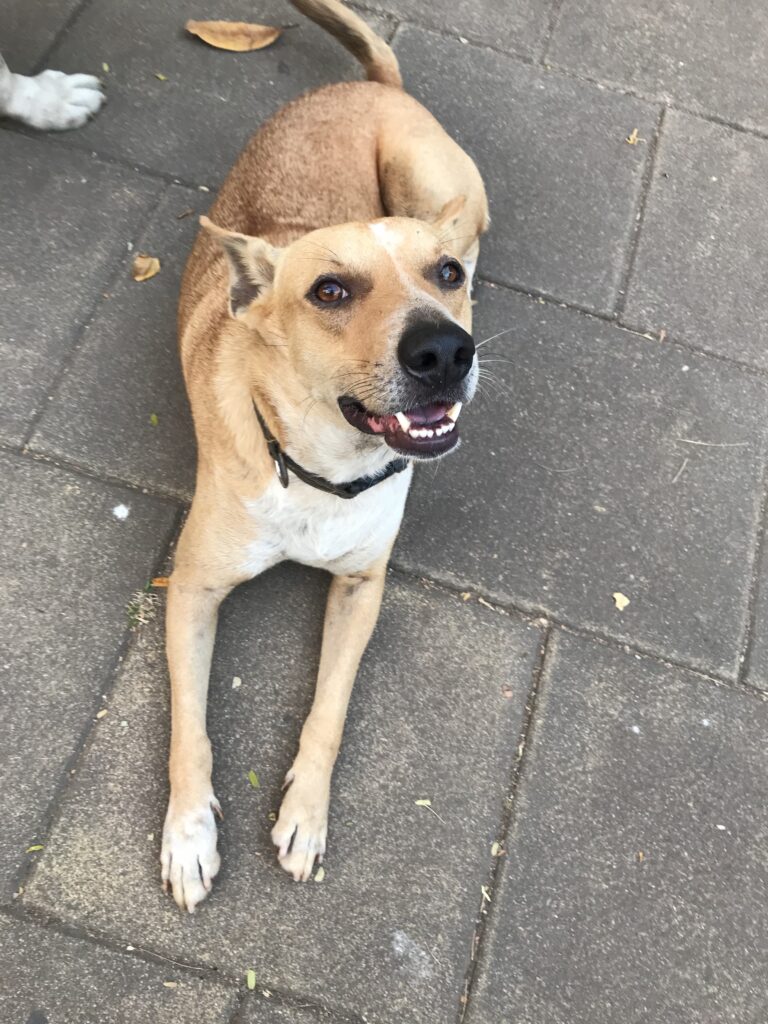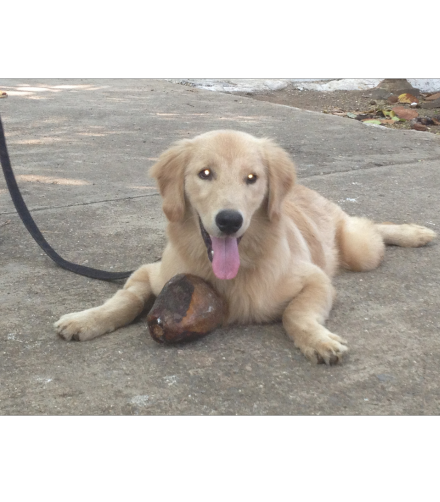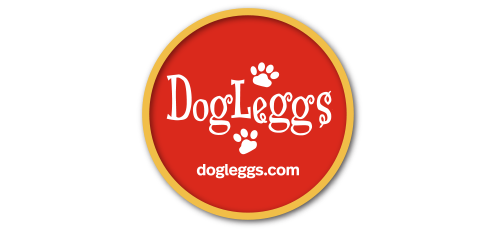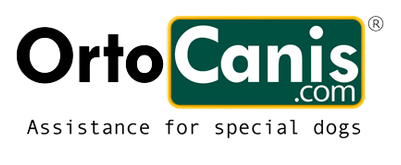What is Megaesophagus in dogs?
Megaesophagus in dogs is a condition characterized by the enlargement of the esophagus, the muscular tube that connects the throat to the stomach. This enlargement can lead to a loss of normal esophageal function, making it difficult for food and water to pass into the stomach. The esophagus loses its ability to contract and move food down to the stomach, resulting in regurgitation.
The exact cause of megaesophagus can vary. It can be congenital (present at birth) or acquired later in life. In some cases, it can be idiopathic, meaning the cause is unknown. Other potential causes include neuromuscular disorders, infections, obstructions, or autoimmune diseases.
Why is it on the rise ?
The prevalence of megaesophagus in dogs may not necessarily be on the rise, but increased awareness and improved diagnostic techniques may lead to more accurate identification of the condition. Some breeds are more prone to megaesophagus than others, and it can occur in any age or breed.
How many breeds are prone to Megaesophagus?
Breeds commonly associated with megaesophagus include the Great Dane, German Shepherd, Irish Setter, Labrador Retriever, and Chinese Shar-Pei, among others.
Clinical signs of megaesophagus, or mega for short, include regurgitation, coughing, loss of appetite, and weight loss. (We might use the word “symptom” to talk about human conditions, but “a symptom is something someone describes—e.g., I feel nauseous. But dogs can’t talk, so we can only see ‘clinical signs.'”) Complications of mega can include aspiration pneumonia and, in severe cases, gastroesophageal intussusception, an emergency situation in which dogs “suck their stomach up into their esophagus.”
Why do some dogs need high chairs, and how can genetics help?
by Sophie Cox, Duke Research Blog, Duke University
How can I help my dog with Megaesophagus?
Caring for your dog with megaoesophagus takes some adjustments to feeding routines as well as diet.
Frequent Small Meals:
Offer smaller, more frequent meals throughout the day to reduce the strain on the esophagus. Avoid large meals which may overload the esophagus.
Thickened Food:
Consider using a high-calorie, soft, and moist food that can be easily swallowed. You can also add water or low-sodium broth to your dog’s food to make it more easily digestible.
What are the devices can help a dog with Megaesophagus?
Elevated Food Bowls
Managing a dog with megaesophagus involves lifestyle and dietary modifications to prevent regurgitation and aspiration pneumonia. Here are some strategies:
Feed your dog from an elevated position to help gravity assist with the movement of food down the esophagus.
Is there medicine I can give my dog for Megaesophagus?
It’s essential to work closely with your veterinarian to develop a management plan tailored to your dog’s specific needs. Regular veterinary check-ups are crucial to monitor your dog’s condition and make adjustments to the management plan as needed. Additionally, supportive care and treatment of underlying causes, if identified, are important aspects of managing megaesophagus in dogs.
- Seek professional veterinary advice for an accurate diagnosis and to discuss treatment options.
- Your vet may recommend imaging tests, such as X-rays or an esophagram, to confirm the diagnosis and assess the severity of the condition.
Disclaimer: The contents of the article are informative – it is not medical advice. Please consult your veterinarian for any health related issues for your pets.

